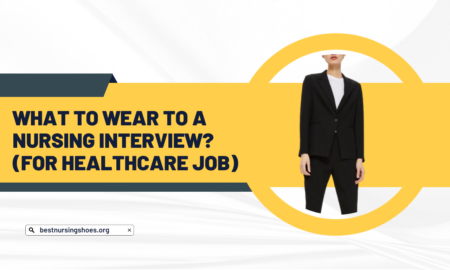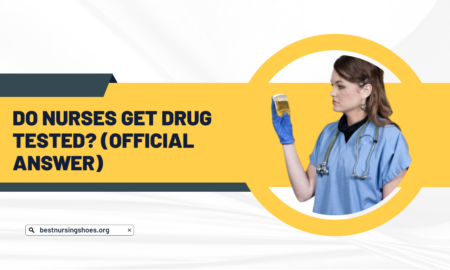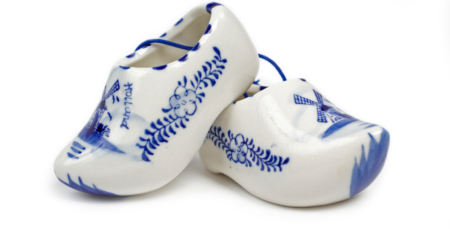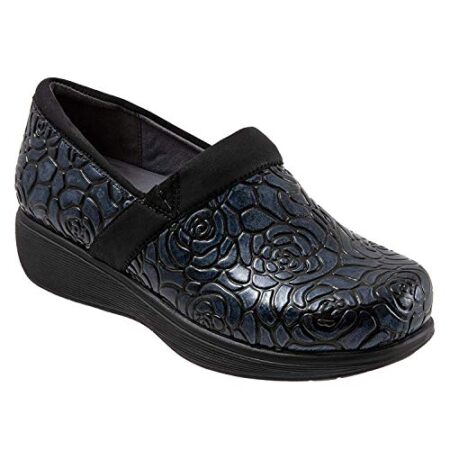There are several options if you want to become a midwife but don’t have a nursing degree. First, you’ll need to complete a midwifery education program. These programs are typically three years long and include classroom and clinical components. Once you’ve completed a midwifery education program, you’ll need to pass the national certification exam administered by the American Midwifery Certification Board.
How to become a midwife without a nursing degree?
You can earn your midwife’s certification through various programs, which will allow you to help women give birth without having to depend on a nursing degree.
Many online resources can help you learn more about becoming a midwife and what it takes to be successful in this field. With the proper preparation and dedication, anyone can become a midwife without a nursing degree.
How to become a certified nurse-midwife?
To become a certified nurse-midwife, you’ll need to complete a registered nursing program and obtain a bachelor’s degree in nursing. Once you have your RN license, you can apply to a nurse-midwifery program, which typically takes two to three years to complete. After completing the program and passing a national certification exam, you’ll be able to practice as a certified nurse-midwife.
What is a midwife?
A midwife is a health professional who provides care for pregnant women during labor and after the birth of their baby. Midwives are trained to recognize and manage normal pregnancies and complications and provide guidance and support throughout the birthing process.
There are two main types of midwives: direct-entry midwives and nurse midwives. Direct-entry midwives receive their training through independent study, while nurse midwives complete a nursing degree before completing a midwifery program.
Becoming a midwife without a nursing degree is possible. Still, finding employment as a direct-entry midwife may be more challenging without certification from the American College of Nurse-Midwives (ACNM). ACNM-certified nurse-midwives must have at least a bachelor’s degree in nursing.
What are the requirements to become a midwife?
To become a midwife, you must complete a three-year accredited midwifery education program and pass a national certification exam. In addition, you will need to have experience working as a registered nurse in an obstetric unit for at least two years.
The benefits of becoming a midwife
As a midwife, you will have the opportunity to:
- Work with women during one of the most critical times in their lives
- Make a difference in the lives of mothers and babies
- Be part of a team of healthcare professionals
- Enjoy a challenging and rewarding career
Midwife vs. OBGYN
There are many differences between midwives and OBGYNs.
Here are some of the most important ones:
Midwives are primary care providers who focus on women’s health, while OBGYNs specialize in pregnant women’s health.
Midwives provide care throughout pregnancy and delivery, while OBGYNs usually only see patients during prenatal visits and sometimes during labor and delivery.
Midwives typically have a more holistic care approach, while OBGYNs focus on medical interventions.
Midwives are trained to manage low-risk pregnancies, while OBGYNs are trained to deal with high-risk pregnancies.
You’ll need to complete a midwifery education program to become a midwife without a nursing degree. These programs typically take two to four years to complete and include classroom work and clinical training.
Conclusion
There are many ways to become a midwife, and you don’t necessarily need a nursing degree. Many schools offer programs specifically in midwifery, and there are also online programs available. You can even become a certified professional midwife without a degree if you have the experience and training required. Whichever route you choose, make sure you do your research so that you can be sure you’re getting the best education possible.
A midwife is a healthcare professional who provides care for pregnant women and their babies during pregnancy, childbirth, and postpartum. Midwives are trained to provide comprehensive care for women of all ages, from adolescence through menopause.











